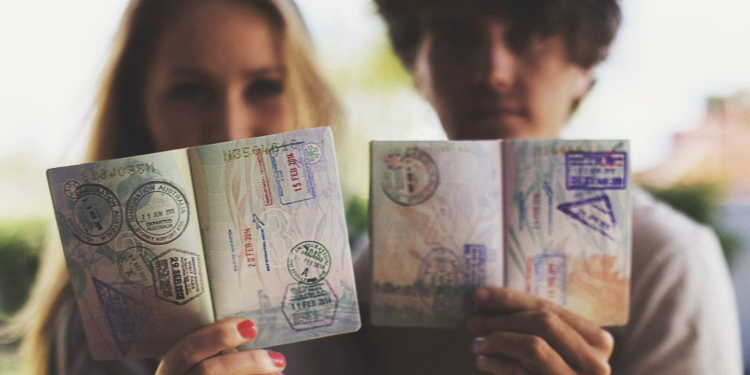
Frequently Asked Questions
1. What is a visa and why do you need it?
A visa is an official permit for entry and temporary stay in a country, issued by the government. It is necessary to control the movement of citizens and enforce entry and exit rules.
2. What types of visas exist?
There are several types of visas, including tourist, business, student, work, guest, and transit visas. Each type of visa is intended for specific travel purposes and has its own requirements and restrictions.
3. How to get a visa?
To obtain a visa, you usually need to apply to the consulate or embassy of the country you intend to visit. The application should state the purpose of the trip, provide the necessary documents, including an invitation, proof of financial means and medical certificates, and pay the consular fee. Then you need to pass an interview at the consulate, where you may be asked additional questions.
4. How long is a visa valid for?
The validity period of a visa may vary depending on the type and purpose of the trip. Some visas may be single-entry and allow entry to the country only once, others are multiple-entry, which allows you to enter and leave several times during a certain period.
5. What to do if the visa has expired and I am still in the country?
If your visa has expired and you are still in the country, you need to contact the local immigration authorities or the consulate to extend your status or obtain a temporary residence permit. In some cases, you may be required to provide additional documents or pay a fine.
6. Can I work in another country on a tourist visa?
Usually, a tourist visa does not allow you to work in the country you have arrived in. To work, you need to obtain a special work visa or work permit. Illegal employment can have serious consequences, including deportation and a ban on entry to the country.
7. How long does it usually take to process a visa application?
The processing time for a visa application can vary significantly depending on the country, type of visa, and the volume of applications received by the consulate or embassy. Usually, it can take from several weeks to several months.
8. What to do if a visa is refused?
If you are refused a visa, you may be given an explanation of the reasons for the refusal. You can try to appeal or reapply, providing additional documents or clarifying information. You should also contact professional consultants or lawyers specializing in immigration issues for advice and assistance.
9. Do I need a visa if I am transiting through a country?
If you are transiting through a country, you usually do not need a visa if you spend a limited time in the country and do not leave the airport transit zone. However, there are some exceptions where you may need a visa for the transit country.
10. What documents are required when applying for a visa?
The requirements for documents for obtaining a visa may vary depending on the country and type of visa. Usually, you will need to provide a passport, a completed visa application form, a photo, an invitation or flight tickets, proof of financial means, medical certificates, and other documents confirming the purpose and circumstances of the trip.
